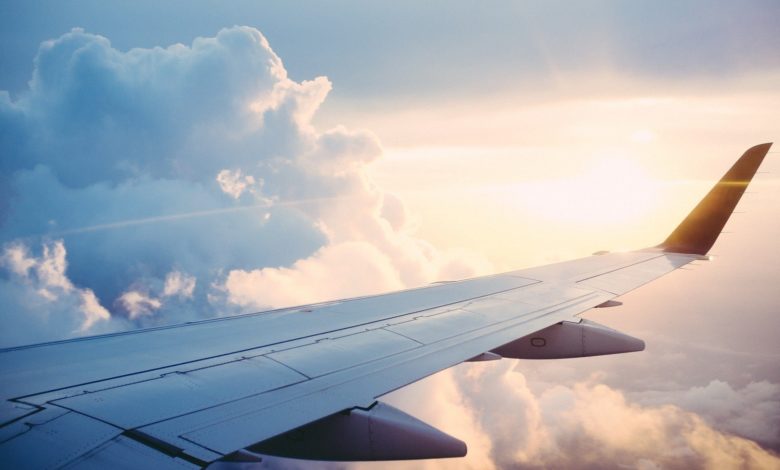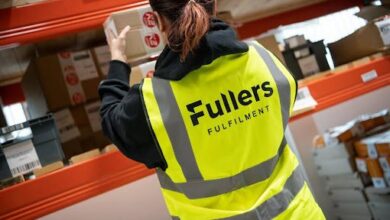British Airways gets flighty and Starbucks smells the coffee over coronavirus

The business response to the coronavirus situation, which appears to be developing into a serious crisis, continues apace today. British Airways today announced that it was suspending all flights between the UK and Wuhan, the Chinese city where the virus originally broke out.







